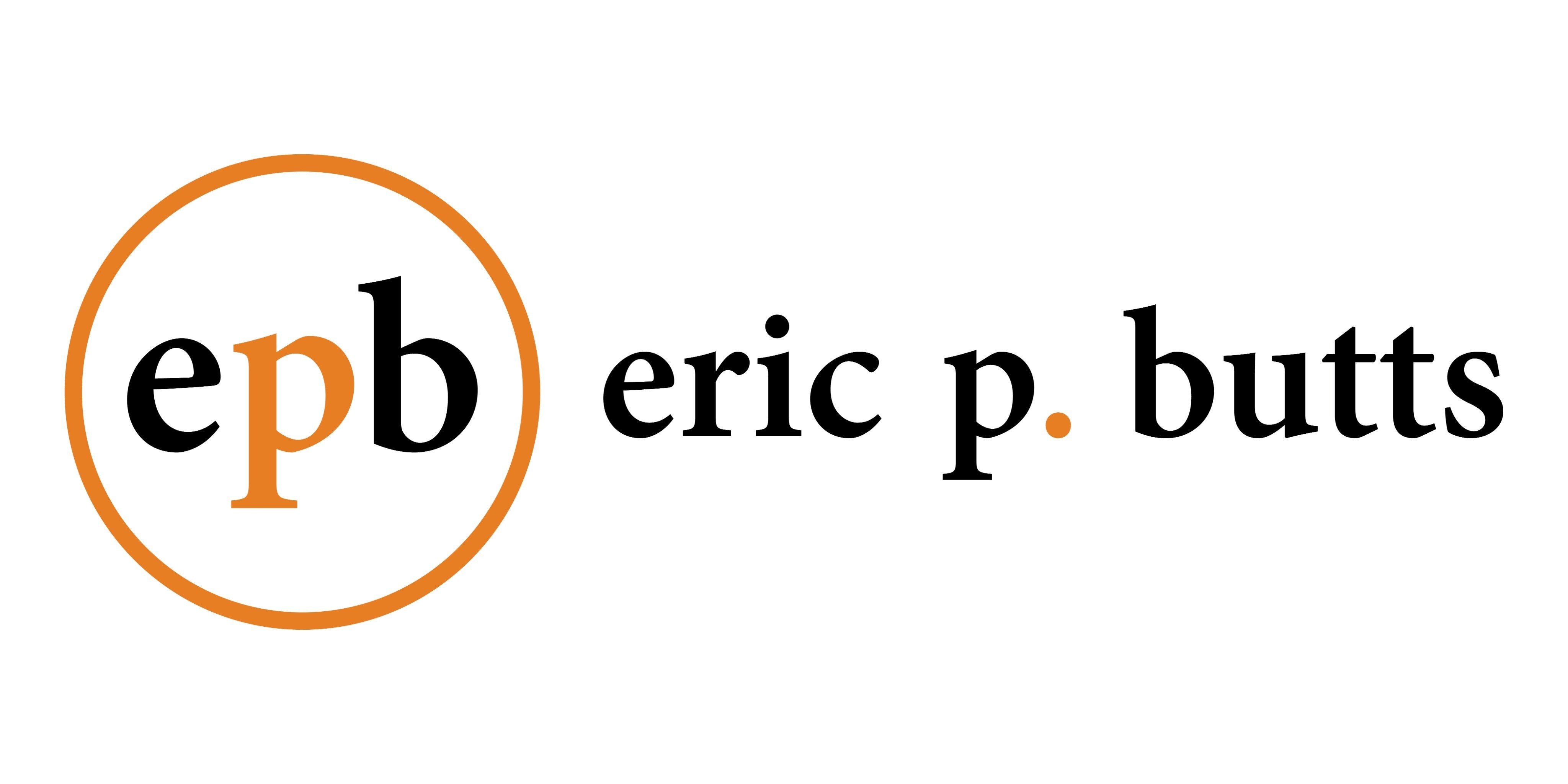An iterative process to creating deliverables saves time in the long run
When you work on a presentation or a project deliverable, do you like to sketch out the full document first or polish each section in sequential order before moving on? One of these is definitely better than the other.
If you’re more partial to pulling together a skeleton or outline first, you subscribe to iterative process principles. If you prefer to take things sequentially, you prefer an incremental approach.
You can find a great example of an iterative Mona Lisa and an incremental Mona Lisa here to drive the point home if the difference doesn’t make sense.
As a management consultant, iteration makes a ton of sense, especially if you’re working an engagement where you get paid by the hour. It may feel like a lot of criticism but in reality, it saves you from wasting a ton of time.
I can’t even count the number of times I’ve been working with someone new to consulting and they disappear until the full deck is completely done without anyone getting a peek at it to preemptively provide any potential course correcting direction.
So instead of some course-correcting direction, the presentation they spent all that time on receives a greek saga’s worth of comments. And every time the person on the receiving end of this gets upset their work wasn’t flawless.
Here’s the thing, though. If you’re an associate or senior consultant, you should expect to get comments on every document you put together. That’s how you learn. And it makes for a better end product for your client. Sometimes they might even be trying to protect you from embarrassing yourself.
Think about it with these numbers.
Say it takes you 1 day to sketch out the shell. You meet with your manager or director, make a couple of tweaks, get it some feedback and it takes you 4 days to pull everything together.It takes you 40 hours to create a client-ready polished version of your slide deck.
On the other hand, imagine it takes you 5 days to create a client-ready polished version of your slide deck. The only problem is your manager or director hates it. You made something they’d rather use as toilet paper than put in front of a client. Oh, and you have to go back and re-do it to get it right. So now you get the feedback and you need another 2 or 3 days to get back on track assuming some of the stuff was at least still usable.
Comparing the two, you spent 5 days using an iterative process but 7 to 8 days (and a bruised ego) working through the incremental process. Assuming you bill at $200/hr and work 8 hours a day, the incremental approach costs the client $3,200 to $4,800 more for a lesser product.
You shouldn’t have to make an easier decision all day.
Budgeting time for iteration is just one of the 12 habits of successful consultants. Head over to this page to read the rest.
